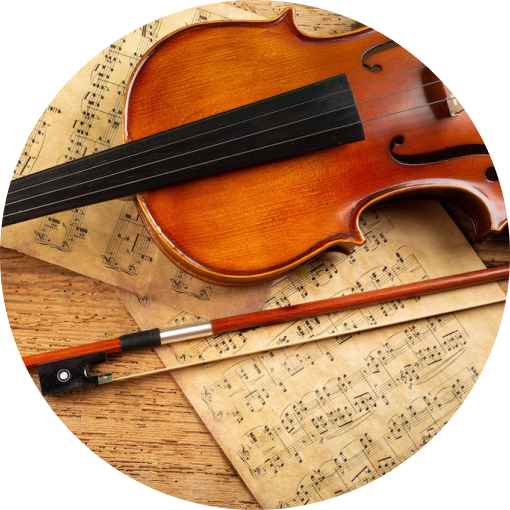As a general term, classical music refers to formal Western music which does not include popular or folk music. It dates from around 500AD up until the end of the 19th century. Within this timeline, classical music can be divided into six different musical periods: Medieval music, Renaissance, Baroque, Classical, Romantic and Contemporary. Music from the 20th century onwards is often branded as Modernist or Contemporary music.
Here is a short overview:
Much of the music during the Medieval period was vocal, partly due to the religious influence and partly because many instruments had not yet been invented. During the Renaissance period, the influence of the church decreased which meant composers had more artistic freedom. Music was no longer just about God, it became more about entertainment. The Baroque period was a time for innovation, with the development of new musical forms, the birth of the orchestra and the creation of the basso continuo.
The Classical era was the golden age of instrumental music, in particular thanks to the invention of the piano. The 19th century gave way to the Romantic period, during which music became much more energetic, grander and more dramatic. During the 20th century, many composers started to rebel against traditions and compose music which was completely different, for example, serialism and minimalism.
There is a myriad of important composers in this period, many of whom influenced composers who followed them. Big names include Johann Sebastian Bach, Wolfgang Amadeus Mozart, and Frederic Chopin as well as Claude Debussy and Igor Stravinsky. Significant developments such as new musical forms, instruments and harmonies have marked this important era in musical history.
Tomplay offers a vast selection of classical sheet music for all instruments and levels, so even beginners can play some of the most famous classical works. Perform pieces like Vivaldi’s The Four Seasons, Eine kleine Nachtmusik by Mozart or Für Elise by Beethoven.


